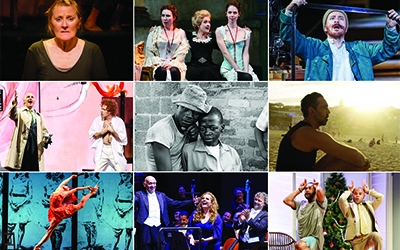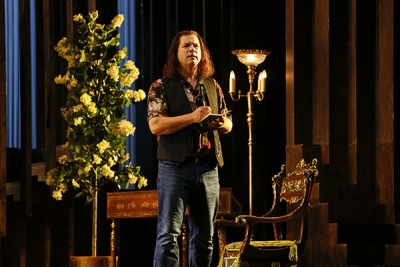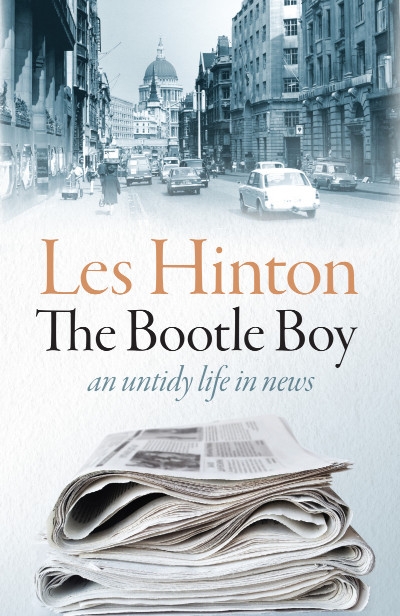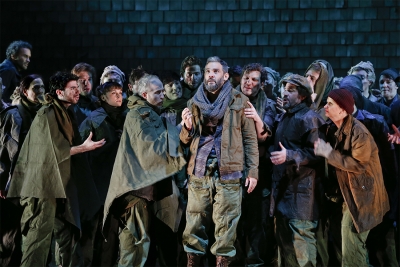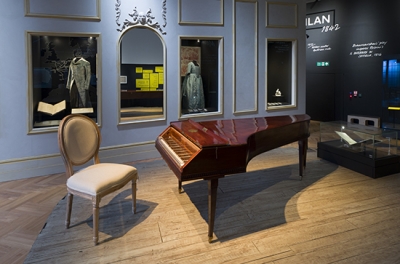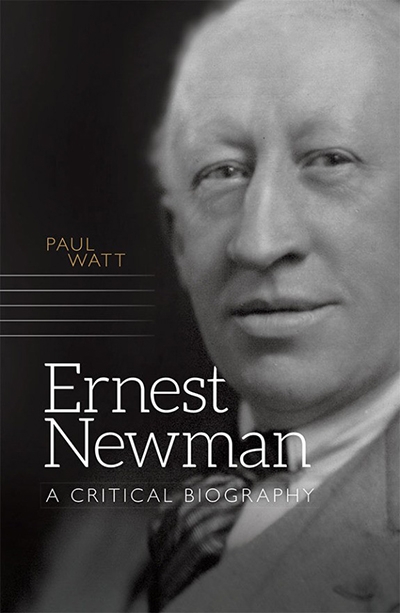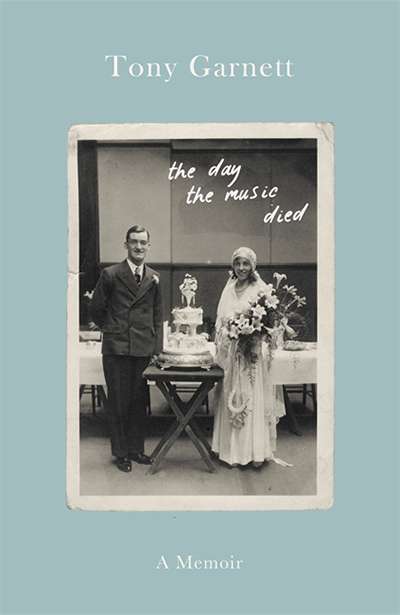Michael Shmith
This charming, persuasive, and glowing concert performance of Hansel and Gretel, part of Andrew Davis’s final Melbourne Symphony Orchestra season before he steps down as chief conductor, more than proved (if proof is required) what an outstanding opera conductor he is. Maybe, in future seasons, when Davis returns as the orchestra’s conductor laureate, there will be more: perhaps Berg’s Lulu, another of the maestro’s favourite operas, which the MSO would perform magnificently.
... (read more)To celebrate the year’s memorable plays, films, television, music, operas, dance, and exhibitions, we invited a number of arts professionals and critics to nominate their favourites.
... (read more)Let it be said – indeed proclaimed – that Opera Australia’s new production of Wagner’s paean to life and art and love is musically as close to a triumph as it could have been. If, by the end, you feel the outside world is a better place than the one you temporarily abandoned six hours earlier, then Die Meistersinger von Nürnberg has surely wrought ...
Opera: Passion, Power and Politics (Victoria and Albert Museum)
Opera is not a small artform. It is labyrinthine, multi-faceted, fraught with things that can go disastrously wrong (Wagner, especially), and it can be dreadfully expensive, formidably divisive, and astonishingly complicated. At the same time, opera is so necessarily crucial to culture as a reflection of history, thought, and ...
... (read more)The Day the Music Died: A life lived behind the lens by Tony Garnett
Originally published in German, Albrecht Dümling’s The Vanished Musicians: Jewish refugees in Australia (Peter Lang), a fascinating compendium of Jewish musicians who found refuge in Australia in the 1930s and 1940s, is now available in Australian Diana K. Weekes’s excellent translation ...
... (read more)Brett Dean, perhaps Australia's pre-eminent composer and certainly one of its most productive, is personable, witty, and engaging. He talks with heartfelt eloquence about ...
... (read more)

